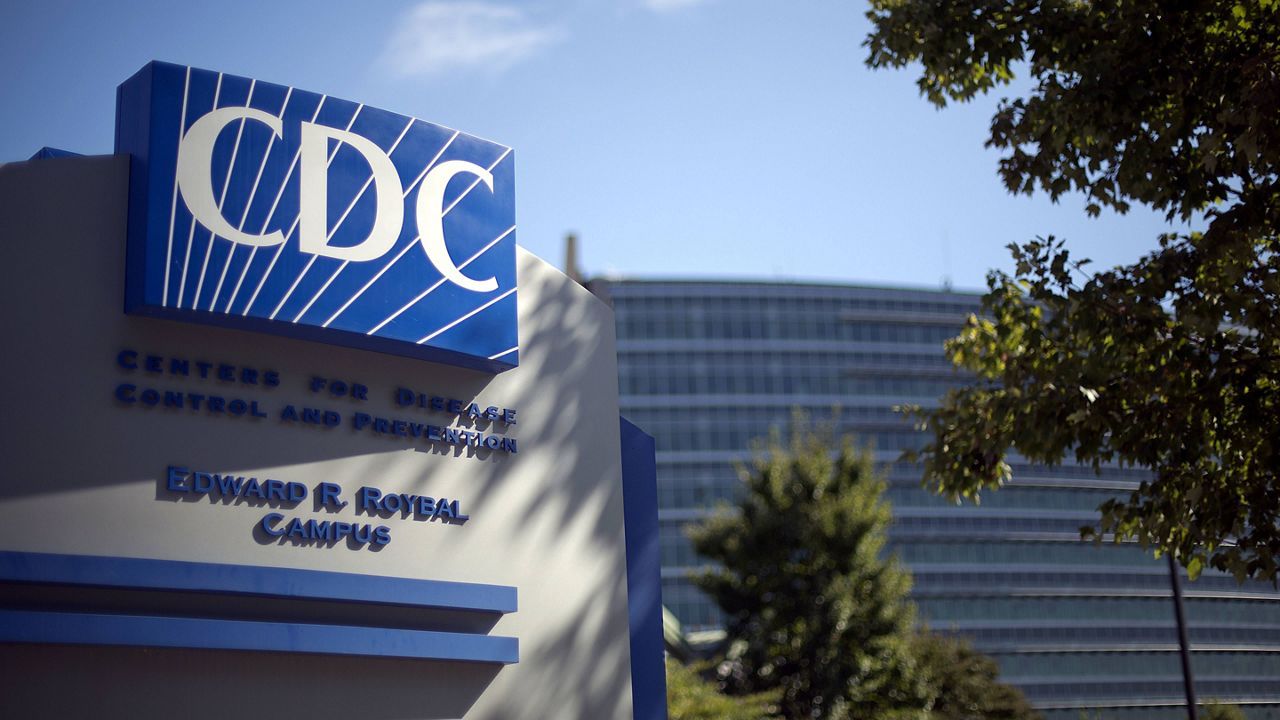A new study from the U.S. Centers for Disease Control and Prevention found that more than half of Americans had antibodies from prior infection of COVID-19 as of February of this year.
The study, which examined clinical blood samples from individuals of all ages across the country, looked specifically at antibodies that developed in response to nucleocapsid proteins from SARS-CoV-2 infection but not due to a COVID-19 vaccine. So-called seroprevalence surveys are used to “estimate the percentage of people in a population who have antibodies against SARS-CoV-2,” per the CDC.
Data showed that seroprevalence of the infection-induced antibodies increased among all age groups between September 2021 through February 2022, up from 34% in December to 58% by the end of February. The largest increase in antibodies was spotted among individuals younger than 17 years old. CDC officials on Tuesday said around 75% of both children and teens had infection-induced antibodies.
Seroprevalence increased less among older cohorts, up from 36% in December to 63% in February for adults aged 18-49, from 28% to 49% for individuals aged 50–64 years and from 19% to 33% in those aged 65 and older. CDC officials noted the “greatest increases in seroprevalence over this time period occurred in age groups with the lowest vaccination coverage,” as the U.S. has yet to approve a COVID-19 vaccine for children aged five years old and younger.
“Having infection-induced antibodies does not necessarily mean you are protected against future infections,” Kristie Clarke, co-lead for the CDC’s COVID-19 Epidemiology & Surveillance Taskforce Seroprevalence Team, told reporters on Tuesday. “We measure the proportion of the population with any detectable level of these antibodies and this type of antibody stays positive for at least two years after infection. We did not look at whether people had a level of antibodies from prior infection that provides protection against reinfection or severe disease.”
The vast majority of cases identified by the CDC since late last year have been caused by various strains of the omicron variant of COVID-19. The BA.1 subvariant of omicron was responsible for a case surge early this year, but officials say the BA.2 variant – colloquially known as the “stealth variant” of omicron – makes up around 68% of the circulating virus right now.
A new mutant strain descended from the stealth variant, which has been shown to be more infectious but is also associated with more asymptomatic cases of COVID-19, is also being studied by the CDC. Deemed BA.2121, experts say the strain might have a transmission advantage of about 25% over the BA.2 sub-variants. That means previous estimates of overall caseload may have been significantly lower than the actual toll.
Officials on Tuesday said while they “definitely expected” to see an increase in antibody seroprevalence due to the omicron variant, the sharp rise came as a surprise.
“I didn't expect it to increase quite as much but we follow the data and we look at the data and this is what the evidence is showing us and so this is why we want to get this message out to the U.S. population as soon as possible,” Clark said. “This is the first time the population's seroprevalence is over 50 percent.”
There are several limitations to the study, experts noted, not least of which being the methodology used cannot detect reinfection from COVID-19. Emerging data also “suggests that infection after vaccination might be less likely to result in detectable antibiotics,” Clark said.
The CDC stressed that everyone, even for individuals with antibodies from prior infection, should get vaccinated and boosted against the virus should they be eligible to do so.
“Those who have detectable antibodies from prior infection, we still continue to encourage them to get vaccinated,” CDC director Dr. Rochelle Walensky said Tuesday. “We don't know how long ago, when that infection was. We don't know whether that protection has waned. We don't know as much about that level of protection then we do about the protection we get from both vaccines and boosters.”



